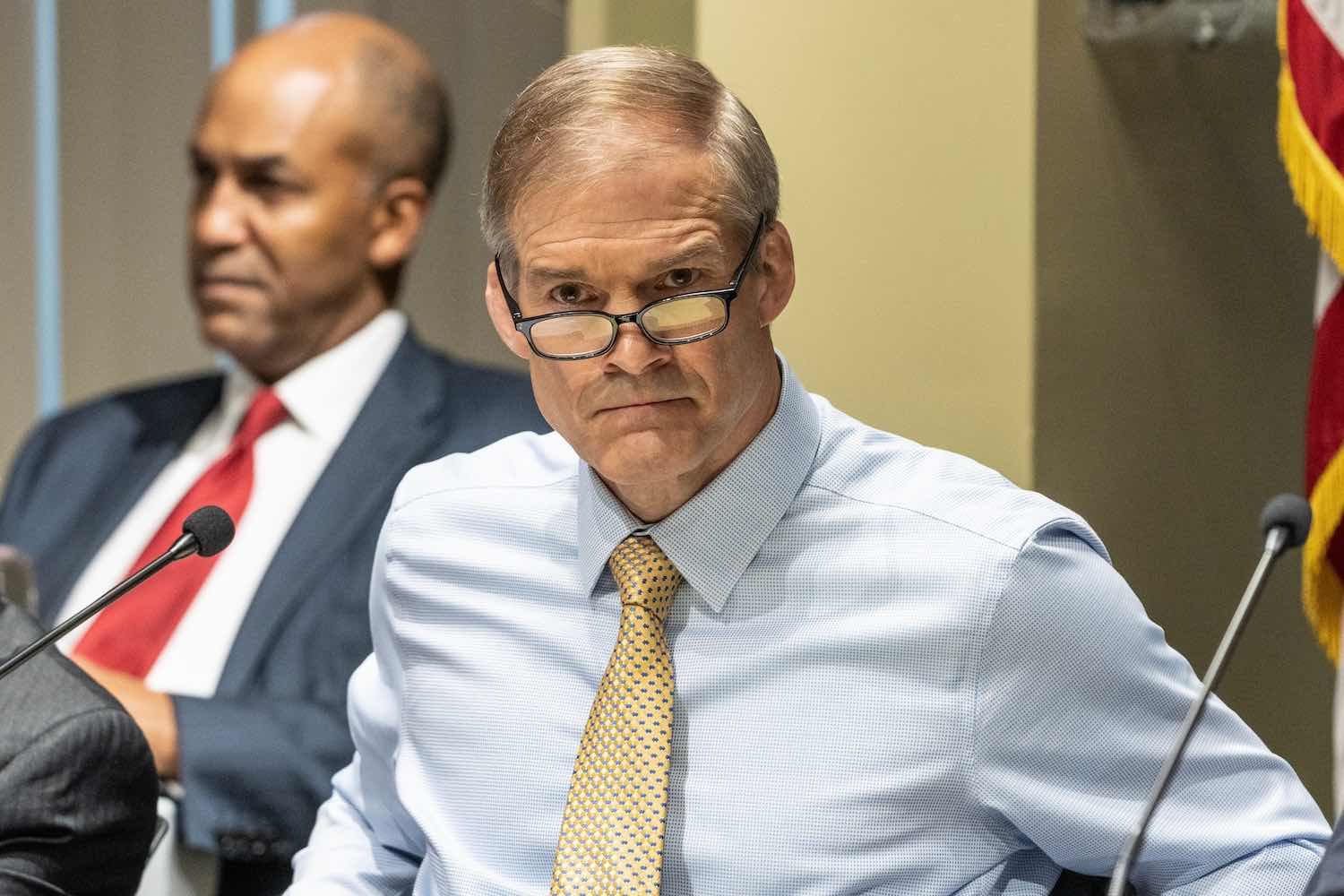ImpactAlpha, May 27 – In a single day, separate developments at ExxonMobil, Chevron and Shell sent an unmistakable signal to oil companies and investors: get on board the low-carbon transition, and fast.
In a matter of hours, Exxon shareholders voted two dissident directors – at least – onto the oil giant’s board. Investors told Chevron to cut its emissions. And a Dutch court ordered Shell to slash its emissions by 45% by 2030.
“This is one of those days that will be seen in retrospect as a day when everything changed,” said Ceres’ Andrew Logan. “If you win at Exxon, you can win anywhere.”
Exxon shareholders delivered a stinging rebuke to management with the election of Gregory Goff and Kaisa Hietala, executives with energy and renewable-products expertise that were part of a four-candidate slate put forth by the activist hedge fund Engine No. 1. Shareholders also approved resolutions calling on Exxon to report on its political and climate-related lobbying.
Chevron, the No. 2 U.S. oil company after Exxon, also had its wings clipped. More than 60% of investors approved a proposal calling on it to slash emissions. It was the third such win at a U.S. oil and gas company for Follow This, an activist group in Amsterdam, which prevailed with similar proposals this year at ConocoPhillips and Phillips 66. It also narrowly averted a majority vote on a proposals calling on it to assess the impact of a 2050 net-zero scenario and report on its lobbying.
And the court ruling against Shell, brought by local environmental groups that argued the company’s emissions are a human rights issue, could set a precedent that ripples across the industry.
Just last week the International Energy Agency declared that new fossil fuel investment is incompatible with a net zero future. Ten of the largest oil and gas companies have strengthened their climate policies in the last 12 months, yet none are fully aligned with the Paris Agreement, according to a new CarbonTracker analysis. Exxon ranked last.
High drama
For Exxon, the stakes were so high and the elections so contested the company paused the meeting midway to allow more time for investors to vote, a highly unusual move that suggested a scramble to stem the investor revolt. Exxon spent the hour-long break, and much of the Q&A period that followed, working the phones to sway votes and limit the Engine No. 1’s victory, according to people close to the proxy fight.
Anne Simpson of CalPERS, an early backer of Engine No. 1’s campaign, said the company’s actions deserve further examination, perhaps by the Securities and Exchange Commission. “The question is, was pressure being put by board members on investors?” she said on a call organized by ClimateAction 100+. The duty of investment managers who invest other people’s money, she said, is to their clients, not the company.
Due to the “contested” and “complex” nature of the vote, Exxon officials said it may take time to certify the results. Eight sitting directors, including chair & CEO Darren Woods, were re-elected based on preliminary results, in addition to the two insurgents. Still undetermined: the remaining two members of the twelve-person board. Engine No. 1 could yet score another seat at the table.
Stewardship shift
Engagement and shareholder proposals, which are non binding, have been the favored tools of investors. But more and more, investors are willing to vote against management when they are deemed to be complacent. For example, shareholders won majority support in 2017 for a proposal at Exxon, asking the oil giant to disclose how it was preparing for the transition to a low-carbon future. The company has failed to take the proposal seriously, investors say.
Shareholder proposals, or resolutions, “rely upon the goodwill and attention of the board, but ultimately, this is a request,” said Simpson. “If the company doesn’t respond, then the next step is to vote out board members.”
Investors are increasingly willing to take that step. That’s one reason why the election at Exxon was closely watched by companies who could find themselves in the hot seat next.
The votes by BlackRock, the world’s largest asset manager, were also scrutinized. “We continue to be concerned about Exxon’s strategic direction and the anticipated impact on its long-term financial performance and competitiveness,” BlackRock said in explaining its vote for three of the four insurgent directors. To the disappointment of activists, BlackRock supported the re-election of CEO Darren Woods and Kenneth Frazier, the Merck CEO who is Exxon’s lead independent director. BlackRock said it has confidence the two are prepared to lead Exxon “on a more ambitious course of action in adapting to the energy transition and responding to shareholders.”
BlackRock also voted in favor of resolutions calling for Exxon to assess the financial impacts of the IEA’s net-zero scenario and to report on the alignment of its lobbying efforts with the Paris climate agreement.
CalSTRS, the Church of England, the New York Common Retirement Fund, Norway’s sovereign wealth fund and asset manager Legal & General Investment Management also supported Engine No. 1’s board shakeup.
The historic vote by some of the largest global investors “represents a tipping point for companies that are unprepared for the global energy transition,” said Liz Gordon of the New York State Common Retirement Fund.











